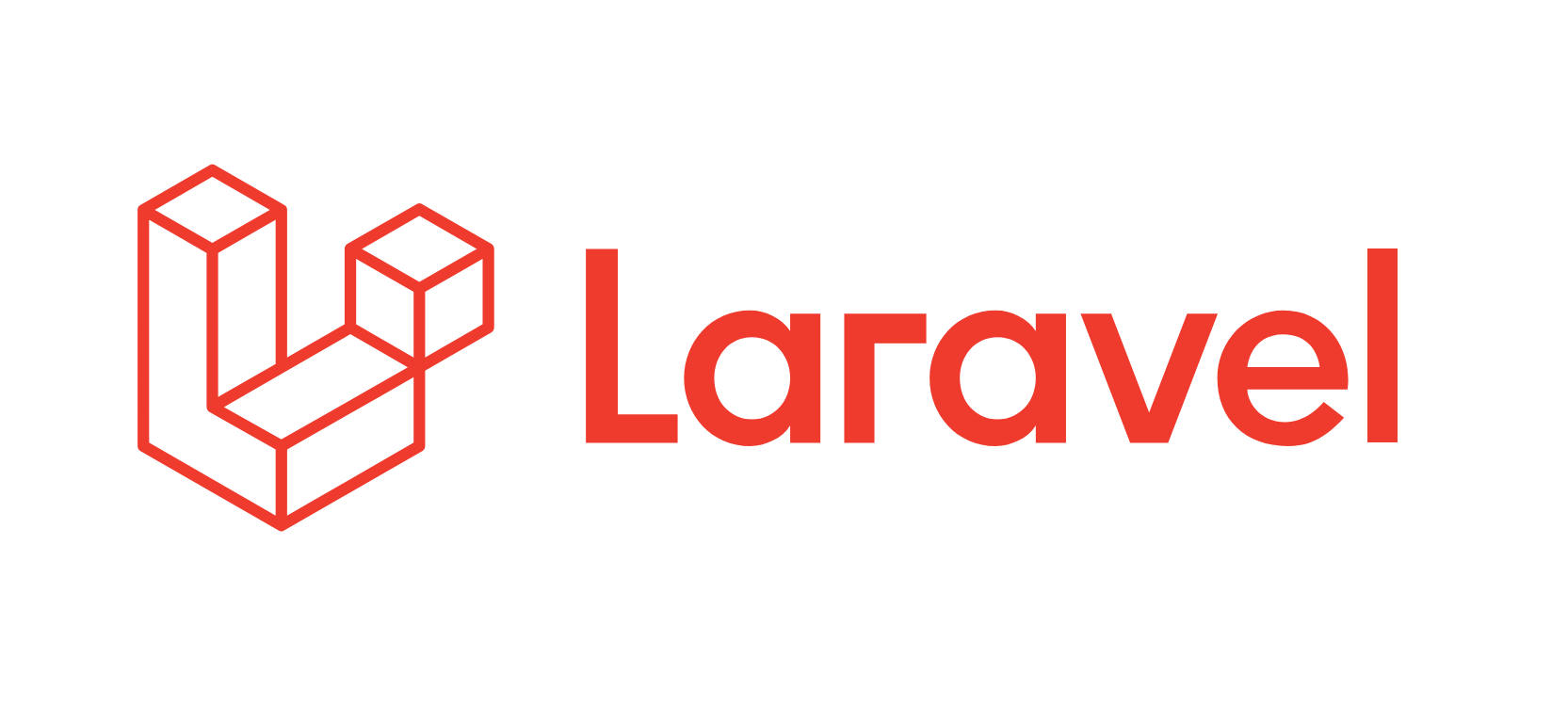Introduction
"Serverless" refers to a cloud application development model that allows developers to execute code without managing the server directly.
Serverless Laravel is a groundbreaking approach to cloud application development that enables developers to execute code without the burden of server management. In this article, we will explore the concept of serverless architecture, its advantages, and how it can be leveraged with Laravel, a popular PHP framework. So, buckle up and embark on this exciting journey into the world of Serverless Laravel!
The Power of Serverless Architecture
Serverless architecture has taken the tech world by storm, providing developers with the ability to focus solely on writing code without worrying about server provisioning, scaling, and maintenance. With this paradigm shift, developers can now deploy applications and run backend services without having to manage servers directly. Let's delve deeper into the advantages of serverless architecture:
1. Scalability and Flexibility
Serverless architecture allows applications to scale automatically based on the demand. The cloud provider takes care of managing the infrastructure, ensuring that the application can handle varying workloads efficiently. This elasticity eliminates the need for upfront provisioning and enables seamless scaling without any downtime.
2. Cost Optimization
With serverless architecture, you only pay for the actual execution time of your code, making it a cost-effective solution. Traditional server-based models often involve paying for idle server time, whereas serverless platforms bill you only when your code is running. This pay-as-you-go model helps optimize costs and ensures efficient resource utilization.
3. Reduced Operational Complexity
Serverless architectures eliminate the overhead of server management, enabling developers to focus on building core functionalities. The cloud provider handles infrastructure maintenance, security patches, and scaling, allowing developers to allocate more time and resources to the application's logic and features.
Serverless Laravel: The Perfect Combination
Laravel, known for its elegant syntax and developer-friendly features, seamlessly integrates with serverless architectures. By combining the power of Laravel with serverless technologies, developers can harness the benefits of both worlds. Let's explore how Serverless Laravel can enhance your development process:
1. Rapid Development with Laravel
Laravel's expressive syntax and vast ecosystem of packages significantly accelerate development. With features like an intuitive ORM, robust routing system, and a comprehensive set of tools, Laravel empowers developers to create applications quickly and efficiently. The framework's simplicity and readability make it an ideal choice for serverless development.
2. Seamless Integration with Serverless Providers
Leading cloud providers, such as AWS, Google Cloud, and Microsoft Azure, offer serverless computing services like AWS Lambda, Google Cloud Functions, and Azure Functions. These services seamlessly integrate with Laravel, allowing you to deploy your Laravel applications in a serverless environment effortlessly. The combination of Laravel's developer-friendly features and serverless scalability opens up new possibilities for building robust and scalable applications.
3. Microservices Architecture Made Easy
Serverless Laravel enables the development of microservices-based architectures, where individual components of an application can be built and scaled independently. Laravel's modular structure, combined with serverless capabilities, allows developers to break down complex applications into smaller, manageable services. This modular approach enhances scalability, maintainability, and reusability, making it easier to build and evolve large-scale applications.
Serverless Laravel: FAQs
Here are some frequently asked questions about Serverless Laravel, along with their answers:
Q1: Can I use Laravel with AWS Lambda?
Yes, you can use Laravel with AWS Lambda. AWS provides the necessary tools and services to deploy Laravel applications on its serverless platform, allowing you to leverage the benefits of both Laravel and serverless architecture.
Q2: Does serverless architecture work well with Laravel's database migrations?
Absolutely! Laravel's database migration feature works seamlessly with serverless architectures. You can define your database schema and execute migrations as part of your serverless deployment process, ensuring a smooth database management experience.
Q3: Can I use Laravel's caching mechanisms in a serverless environment?
Yes, Laravel's caching mechanisms, such as Redis and Memcached, can be used in a serverless environment. You can leverage managed caching services provided by cloud providers or configure your own caching solution to enhance performance and reduce the load on your serverless functions.
Q4: Is it possible to schedule tasks in a Serverless Laravel application?
Yes, you can schedule tasks in a Serverless Laravel application. Laravel's task scheduler allows you to define scheduled commands that can be executed at specified intervals. Cloud providers offer various scheduling mechanisms that can be utilized to trigger your Laravel commands in a serverless environment.
Q5: What are the security considerations for Serverless Laravel applications?
Security is crucial in any application, and serverless architectures are no exception. When building Serverless Laravel applications, you should follow Laravel's security best practices, such as input validation, CSRF protection, and securing sensitive information. Additionally, you must leverage the security features provided by the chosen cloud provider to ensure a robust and secure application.
Q6: Are there any performance implications when using Laravel in a serverless environment?
Laravel's performance in a serverless environment depends on various factors such as code optimization, database usage, and caching strategies. By following Laravel's performance optimization guidelines and leveraging serverless scalability, you can build high-performing Serverless Laravel applications that meet your performance requirements.
Conclusion
Serverless Laravel brings together the best of serverless architecture and Laravel's developer-friendly ecosystem. By leveraging the power of serverless computing and the elegance of Laravel, developers can focus on building innovative applications without the complexities of server management. The scalability, cost optimization, and reduced operational burden offered by Serverless Laravel open up new horizons for cloud application development.
So, embrace the Serverless Laravel revolution and unlock the true potential of your cloud applications!




